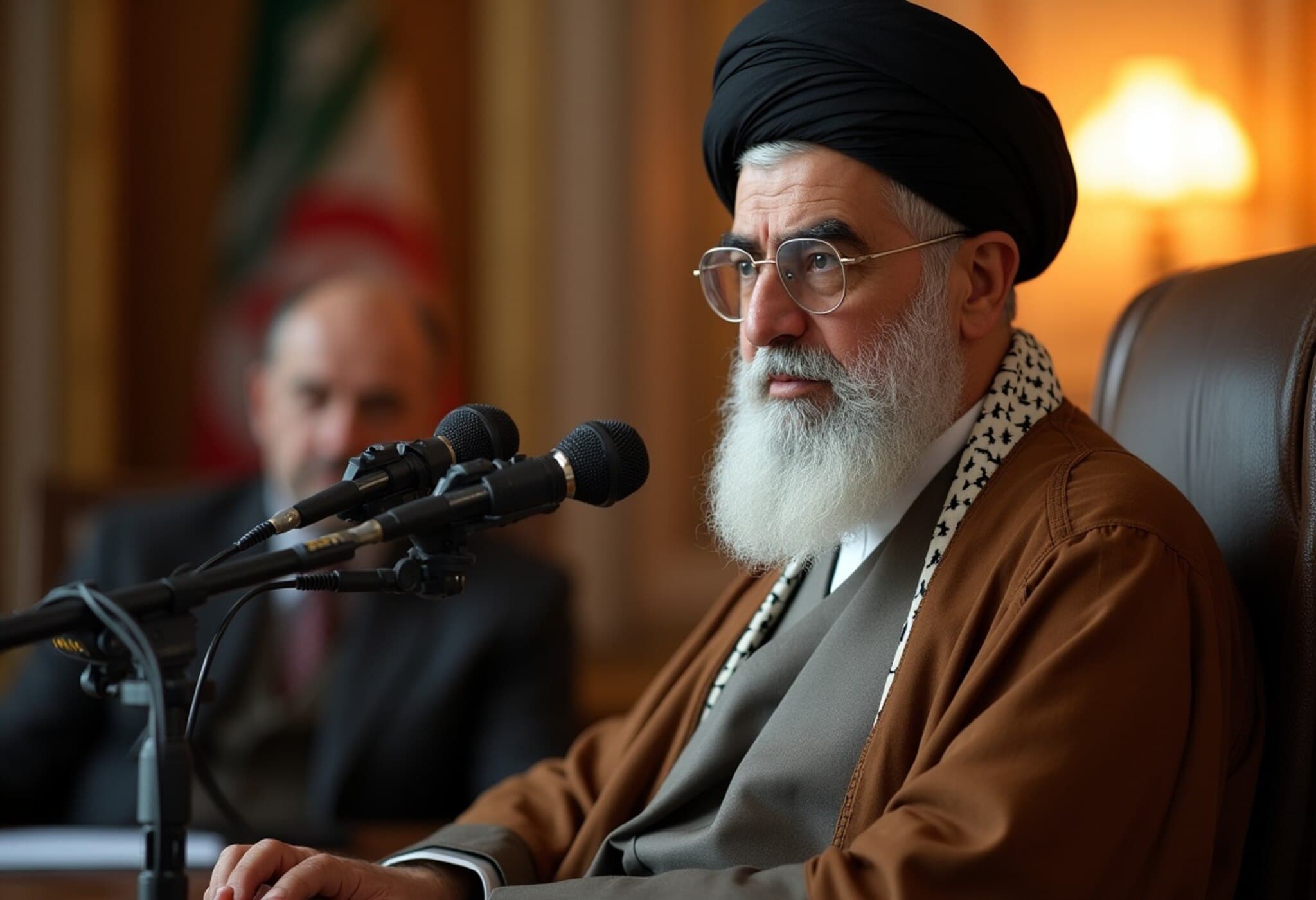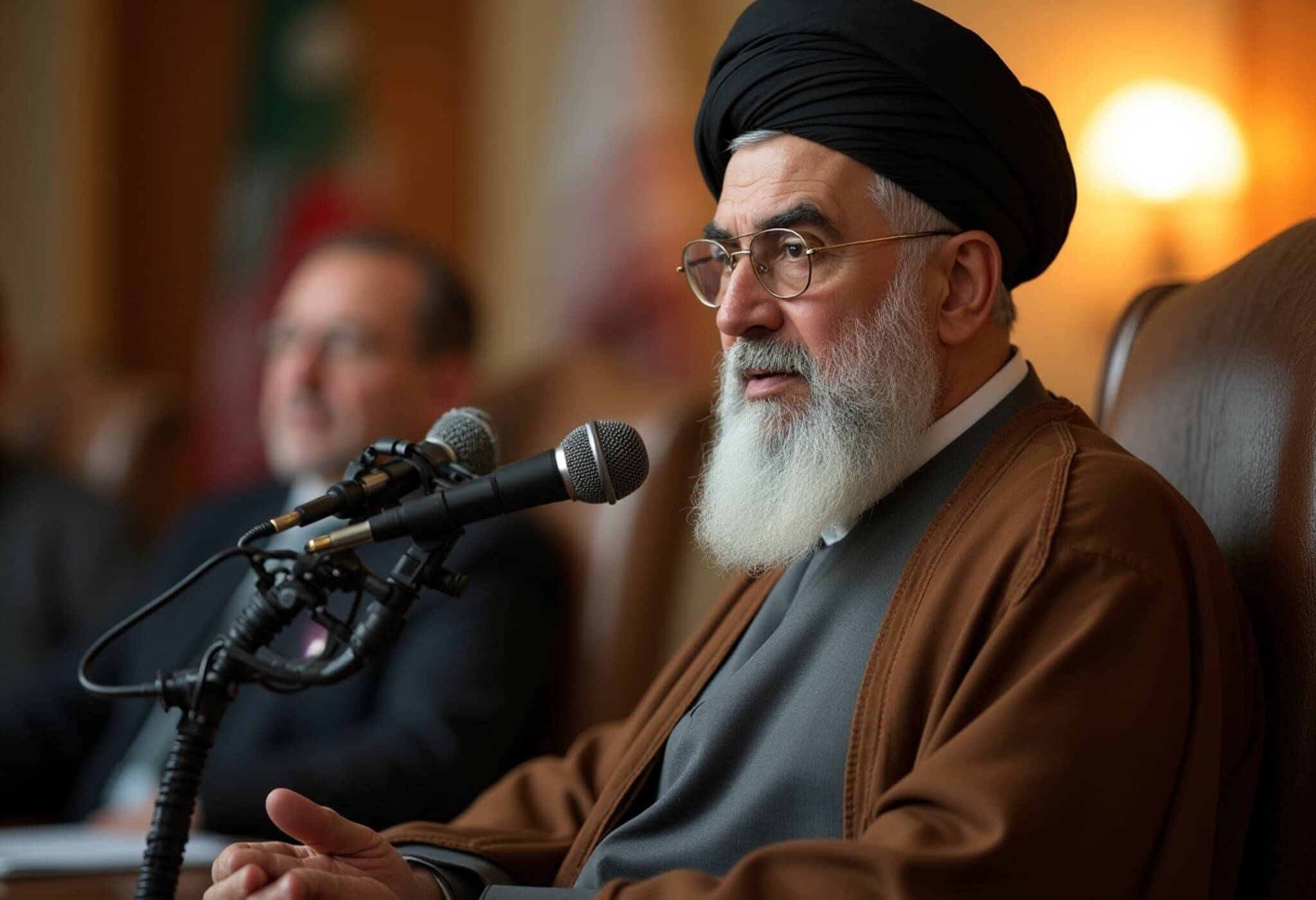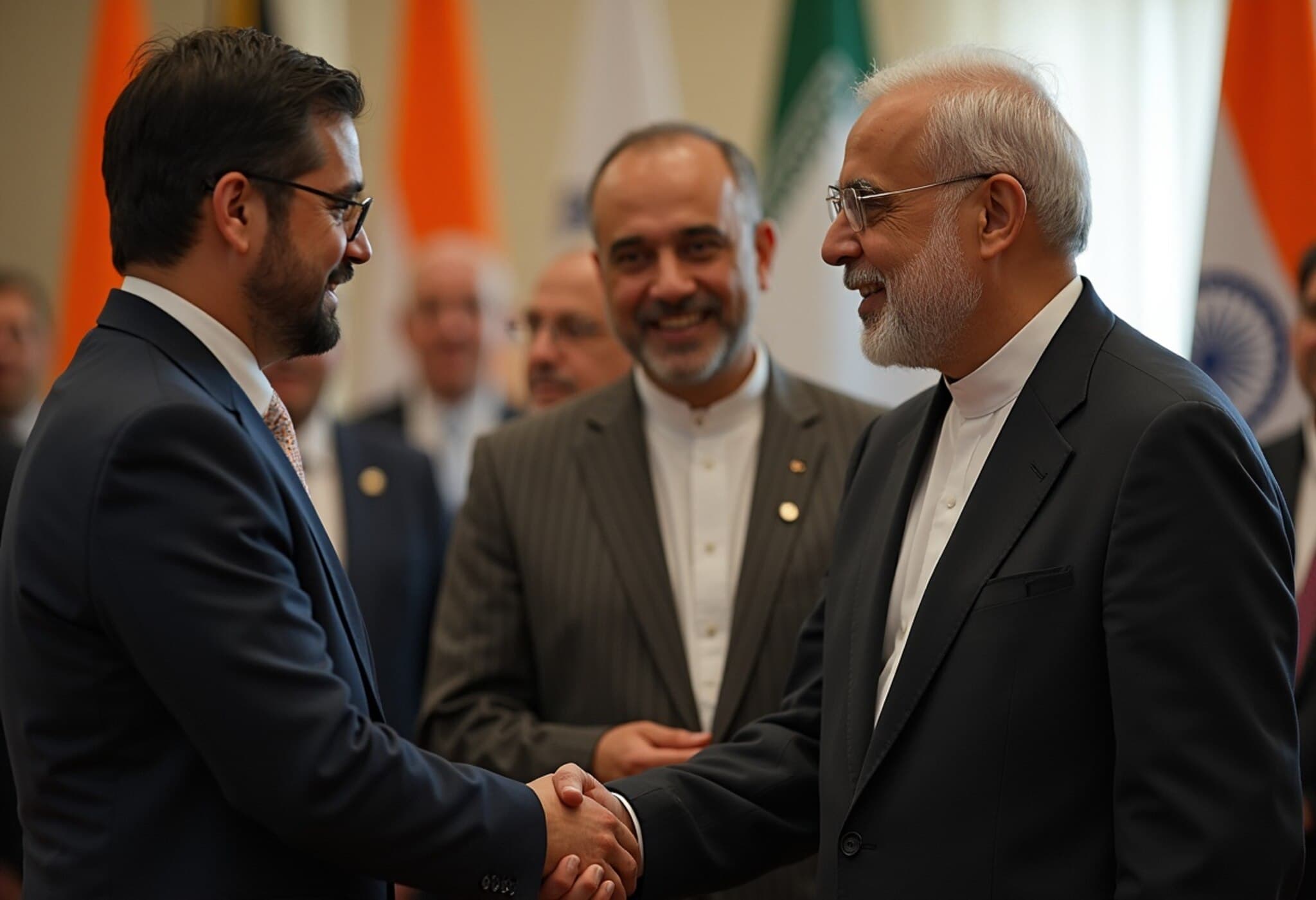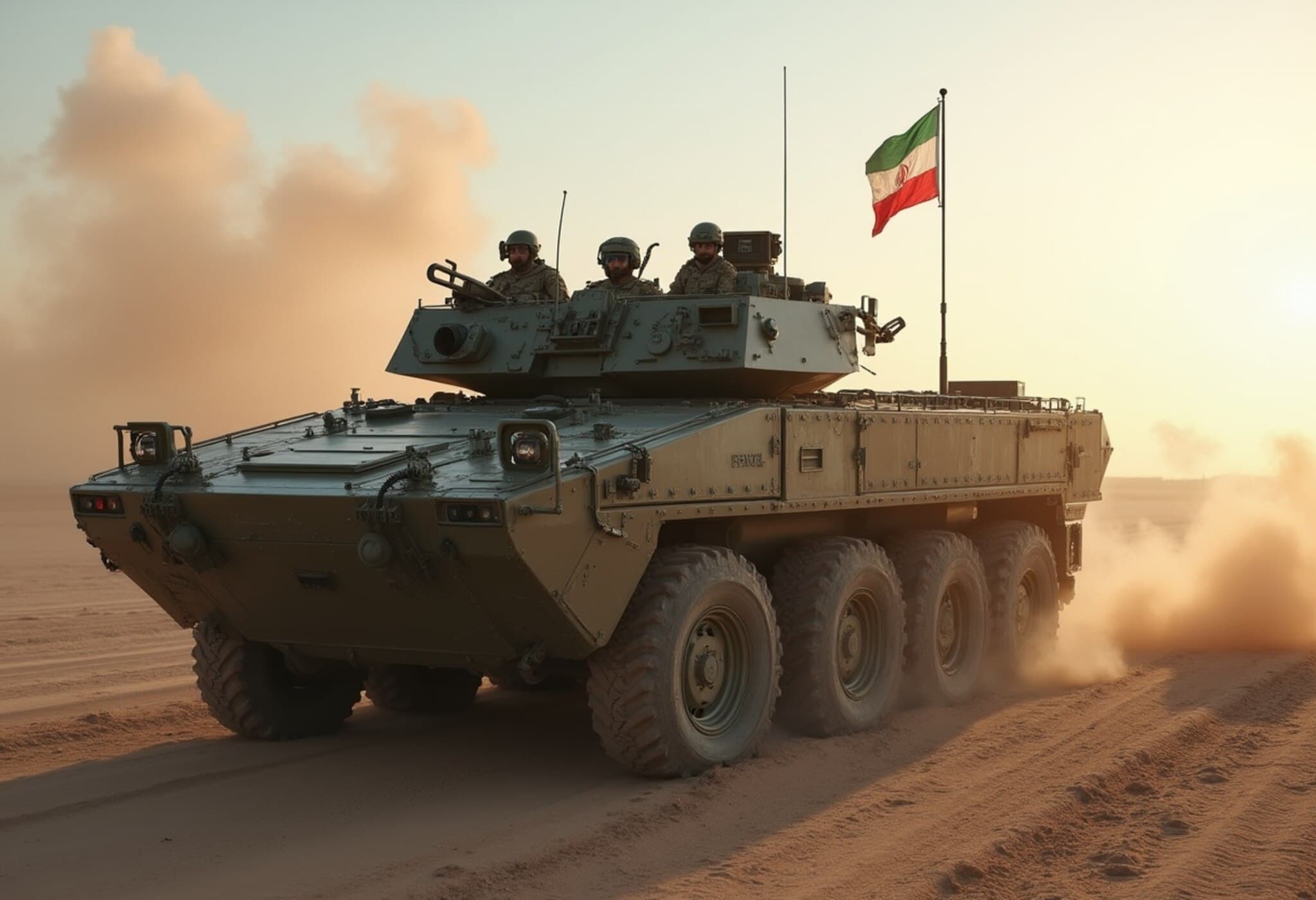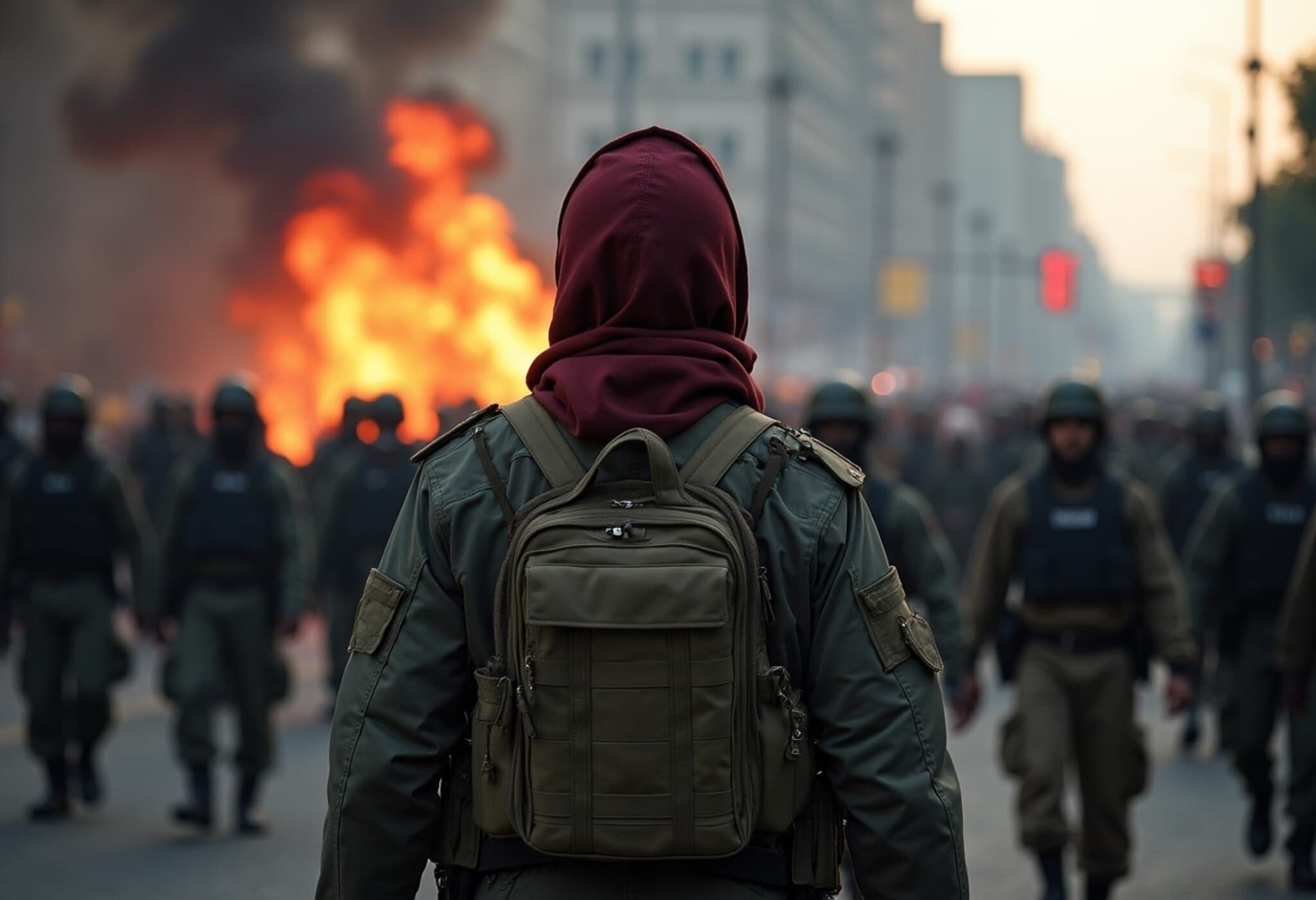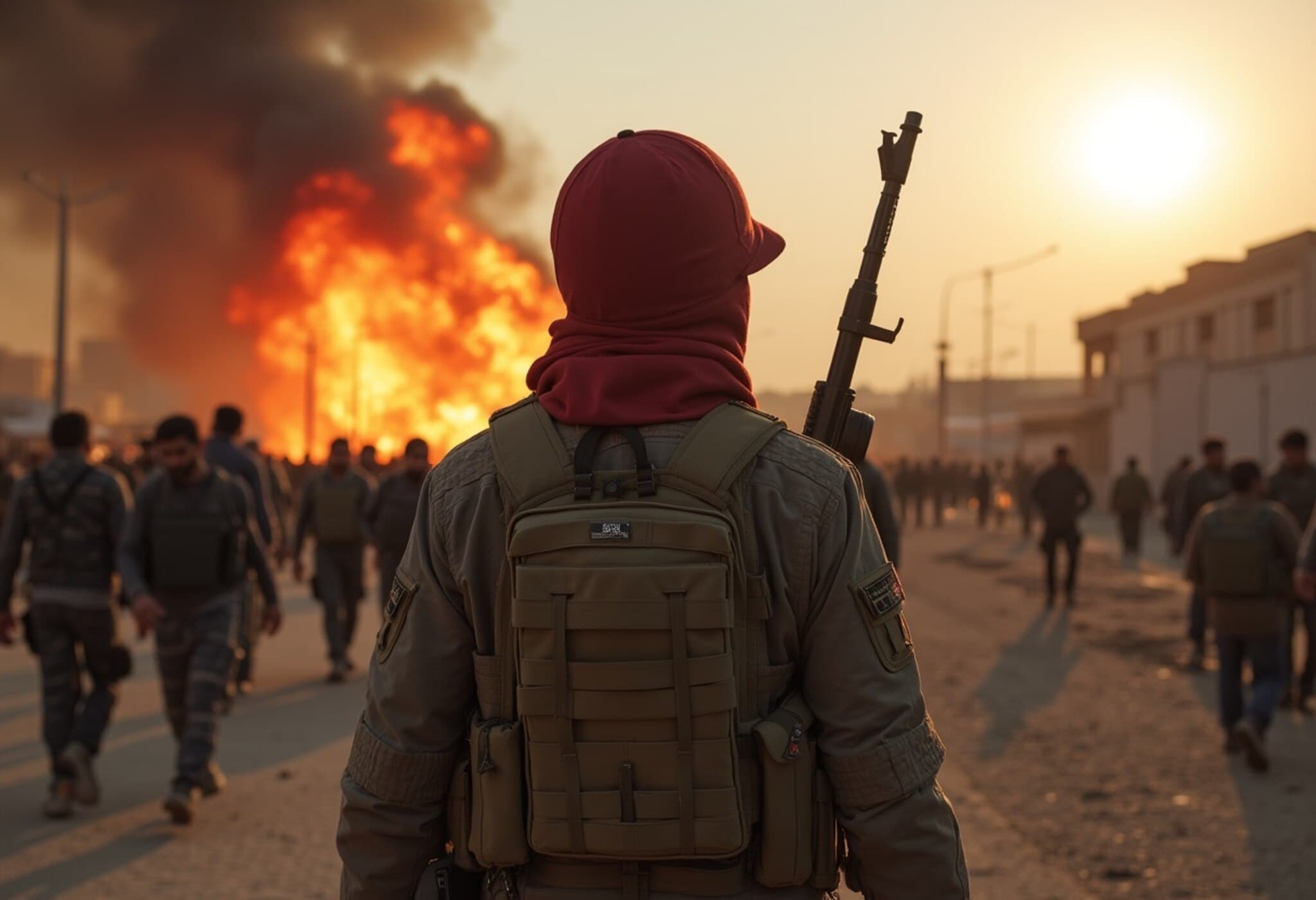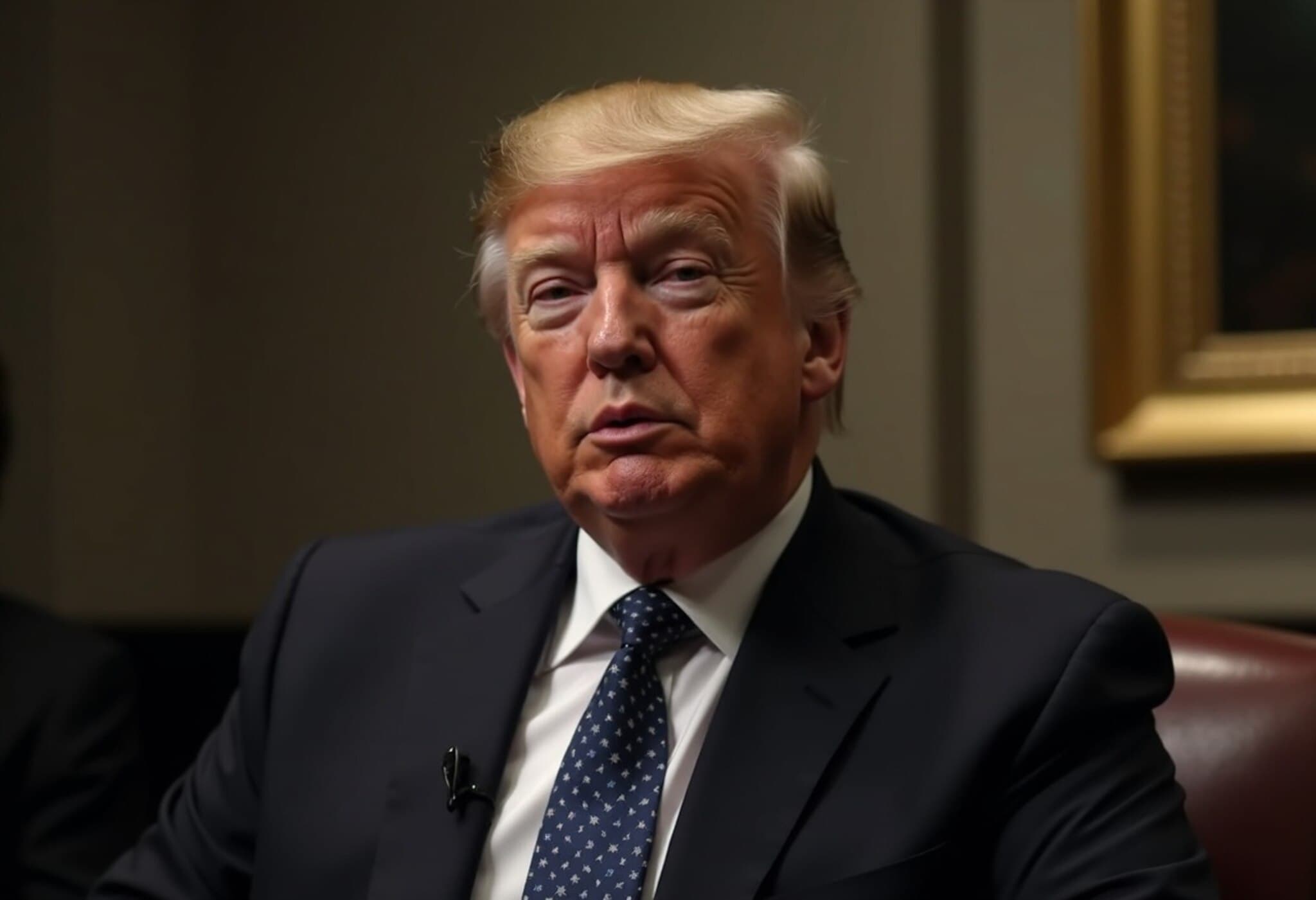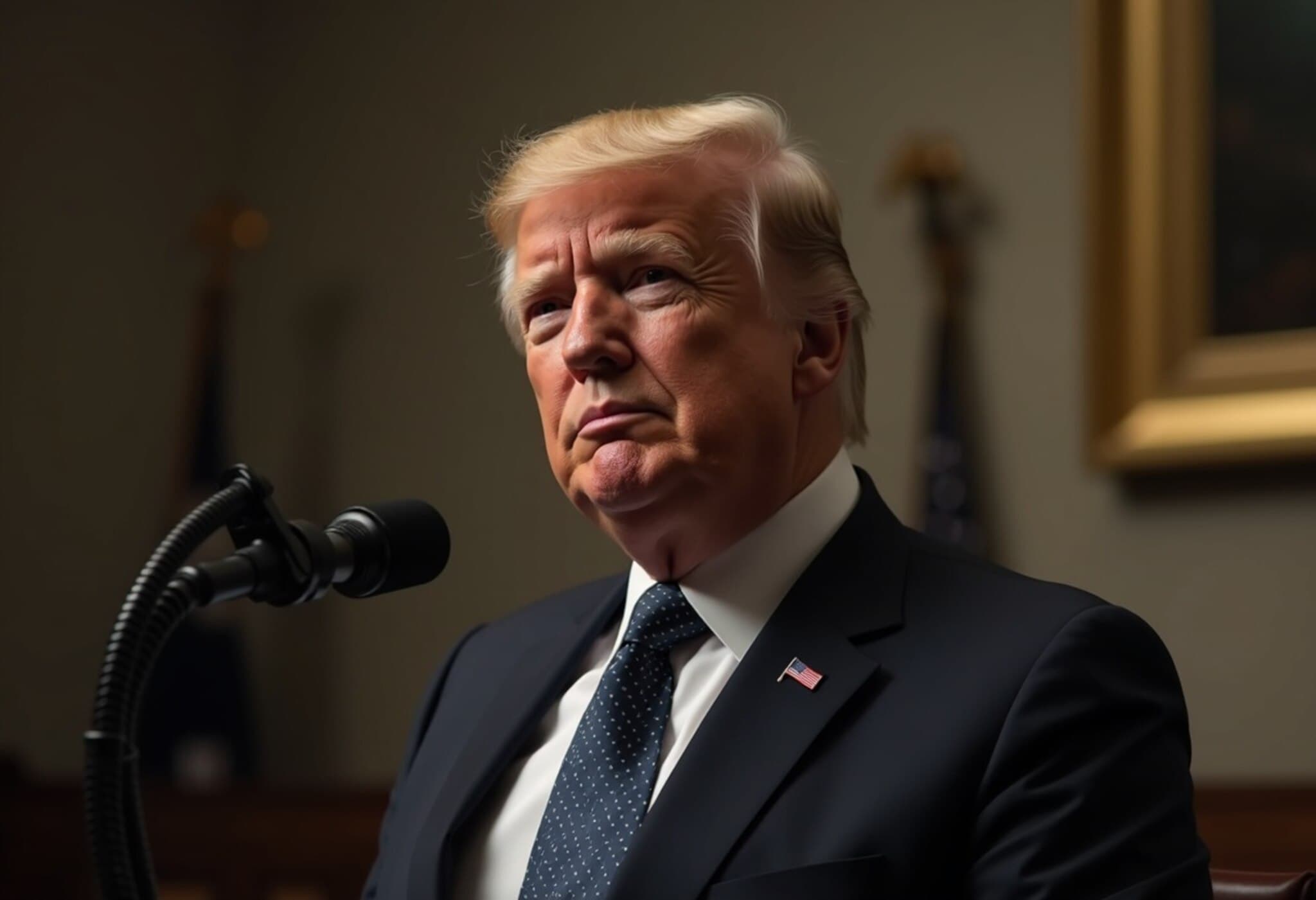Iran's Supreme Leader Issues Stark Warning to the U.S.
On Wednesday, Iran's Supreme Leader, Ayatollah Ali Khamenei, delivered a strong message to the United States, cautioning that any military intervention in Iran would result in "irreparable damage" to the U.S. He emphasized that Washington’s involvement would "100% backfire," inflicting harm far surpassing any damage Iran might sustain.
Rising Tensions Between Iran, Israel, and the U.S.
The warning comes amid escalating hostilities between Israel and Iran, which have engaged in an exchange of missile strikes since late last week. Israel's recent attacks have targeted Iran's nuclear program facilities, including two centrifuge production plants reportedly hit as confirmed by international monitors.
Meanwhile, the U.S., a close ally and principal arms provider to Israel, has signaled growing impatience. Former President Donald Trump, speaking via his social platform, stressed that while the U.S. seeks to avoid civilian casualties and harm to American forces, it demands Tehran’s "unconditional surrender." Despite this aggressive rhetoric, he cautioned against immediate lethal action against Iran's leadership.
Khamenei’s Defiant Response
Rejecting any notion of surrender, Khamenei asserted, "The Iranian people are not a people who can be forced into surrender." He also accused U.S. officials of involvement in the broader regional conflict, reinforcing suspicions of American engagement beyond public statements.
Background: Proxy Conflicts and Regional Instability
The tension traces back to the October 2023 attack on Israeli soil by Hamas, an Iranian-backed Palestinian militant group. Israel has since blamed Iran for orchestrating attacks through regional proxies including Lebanon's Hezbollah and Yemen's Houthis, though Tehran denies direct involvement.
Amid these developments, Israeli Defense Minister Israel Katz has issued ominous warnings towards Tehran, indicating the vulnerability of authoritarian regimes under pressure.
International Response and Market Reactions
The Group of Seven (G7) nations recently described Iran as a "principal source of regional instability and terror," calling for broader de-escalation in the Middle East. German Chancellor Friedrich Merz remarked that Israel is effectively handling the "dirty work" on behalf of Western interests.
Financial markets have been closely watching the volatile situation, pushing investor demand for safe-haven assets such as gold, amid fears the conflict could spiral into a wider regional crisis disrupting the global oil supply.
Looking Ahead
Efforts to revive negotiations over Iran’s nuclear program have so far yielded no breakthrough, and the potential for further military escalation remains a grave concern. Washington maintains it is not directly involved militarily, yet recent comments have intensified speculation of a strategic shift.
As the fragile situation evolves, the stakes remain high for all parties involved, with regional security and global economic stability hanging in the balance.

